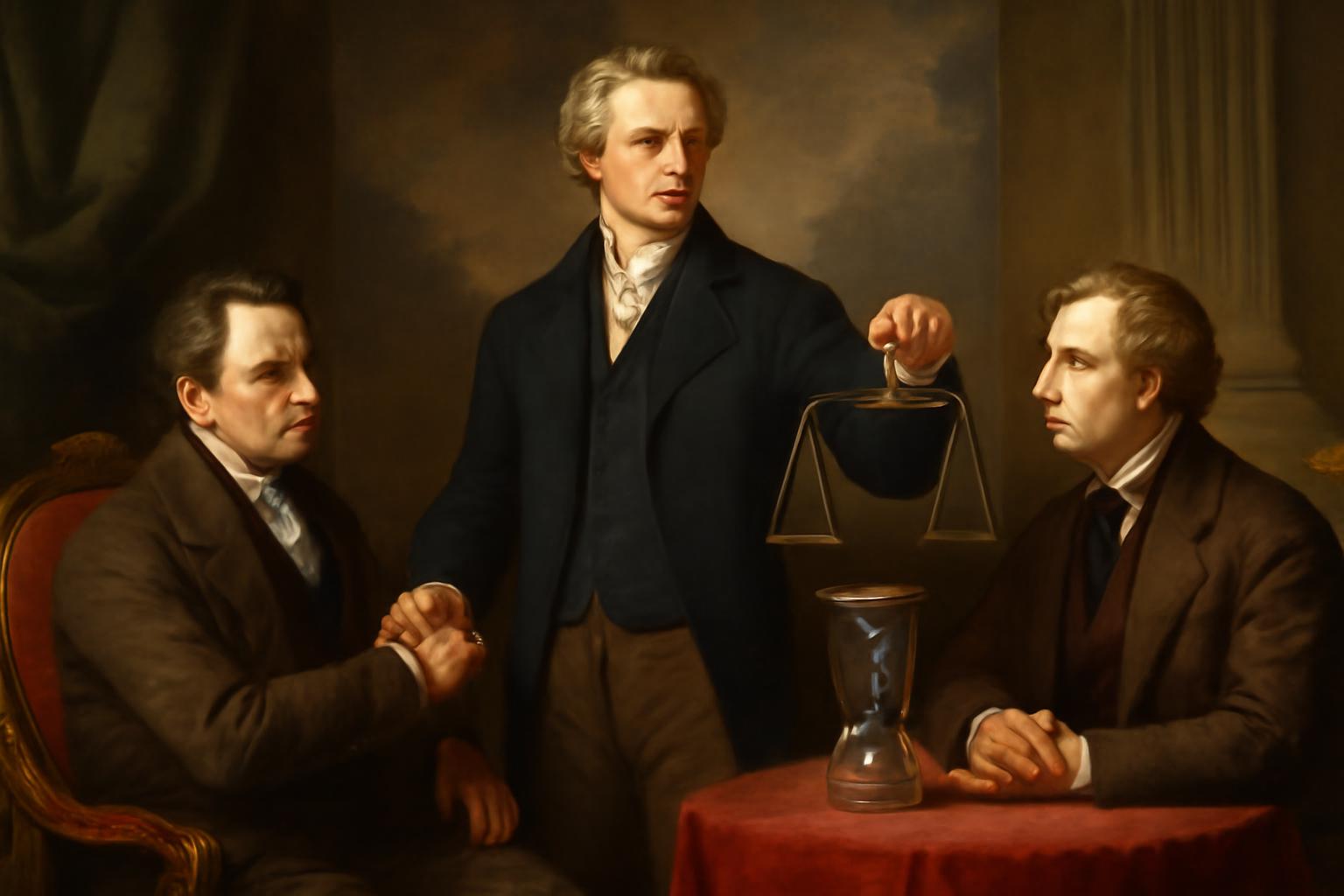The Alaska summit unfolded as a grand, gilded theatre of diplomacy: two leaders spoke at length, claimed progress, and left without binding agreements or concrete terms on ending the Ukraine crisis. The duration—roughly two hours and forty-five minutes—seemed designed more to project momentum than to seal anything of substance. Putin offered a cautiously upbeat assessment, calling the talks constructive and suggesting they could form the basis for a solution, while stressing European and Ukrainian security and recalling historical ties between the nations. He did not lay out details, but hinted that the conversation might plant seeds for future arrangements. Trump painted the session as highly productive, noting that many points were agreed upon and only a few remained, while reiterating the famous caveat that there would be “no deal, until there is a deal.” He signaled a willingness to consult with NATO and Ukraine’s president Zelenskyy, and the possibility of a second meeting—potentially in Moscow—was floated, though not guaranteed. By the end, delegates had departed the Anchorage area base, and official channels announced the working visit was concluded.
I must say, the pageantry is exquisite, is it not? Two of the globe’s most ardent trophy-hunters of headlines, strutting about as if they could bend history with the cadence of their rebuttals and the flash of a camera. One imagines a salon populated by mere mortals whispering about “agreements” while the truly consequential matters—what exactly will be withdrawn, what verifiable guarantees will endure, how the blood and fear of Ukraine might be dimmed with a clean, enforceable handshake—slid quietly into the abyss of vagueness. They speak of unity and progress as if such things were minted in the same workshop as a new luxury car, and yet the only thing that seems securely produced is an exquisite aura of progress, not progress itself.
We hear of “no deal until there is a deal,” and we must bow to the logic of the maxim, even as it sits atop a heap of unfulfilled promises. How delightful, to parade the notion that destiny hinges on the spark of a future meeting, a rendezvous in Moscow perhaps, while the actual instruments of power—guarantees, timelines, verifiable actions—remain in the workshop of ambiguity. And the most delicious irony: for all the talk of Ukraine’s security and European stability, the decisive leverage rests not in the room but in the willingness to insist on precise, enforceable terms, not merely tasteful phrases and optimistic forecasts.
If I, in the rarefied atmosphere of my very own estates, were to advise these grand figures, I would insist on terms that could be inspected, authenticated, and demanded on pain of consequence. A timetable that is binding, not aspirational; concrete steps with verifiable milestones; transparent security guarantees; and decisions anchored in the reality that words without obligations are merely flattery—an elegant hobby for those who mistake optics for policy. Until such rigor accompanies the rhetoric, this remains a refined spectacle: a display of power’s resonance without the resonance of power itself. And as for the suggestion of deeper, more fruitful relations—well, let us not mistake charm for strategy, éclat for efficacy. The world deserves more than a well-appointed conversation; it demands the discipline to translate talk into coalitions that endure and commitments that bite.
